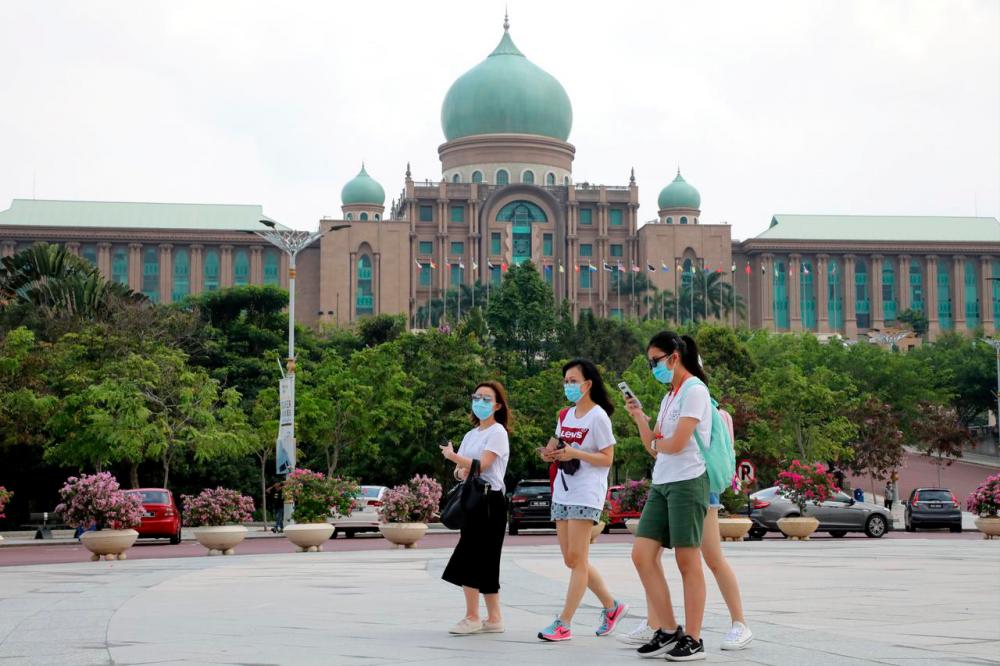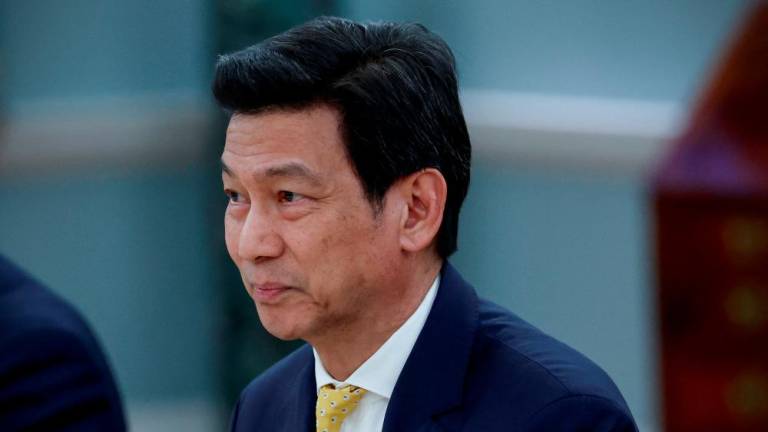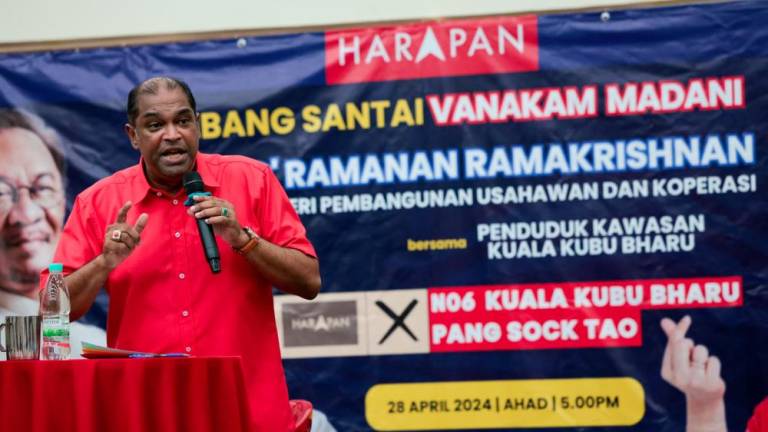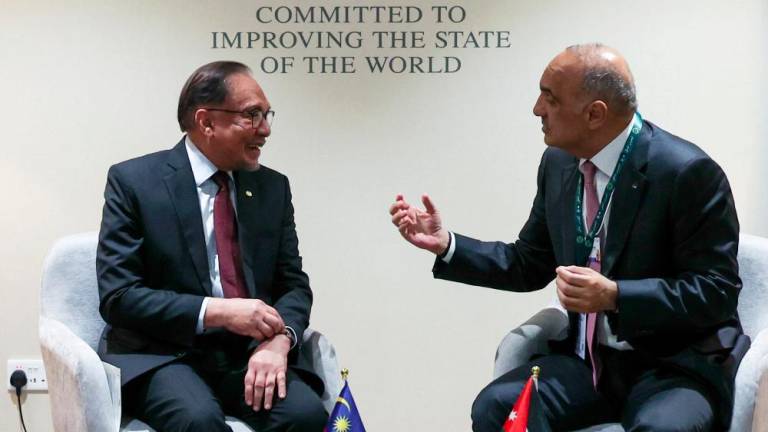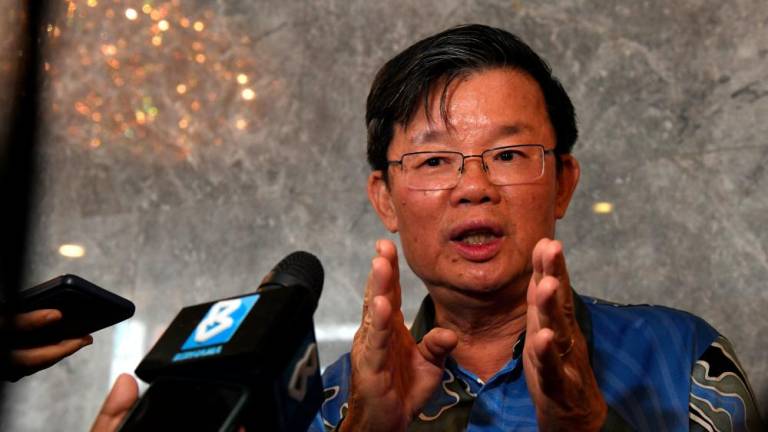PETALING JAYA: Change will be the order of the day in Malaysian politics between now and the 15th general election, and perhaps even after.
New parties are being formed, new deals cut and old ones broken. There will be new coalitions while old partners may go their separate ways.
In addition, there will be a web of coalitions intertwined with each other and this could leave voters rather confused, according to political analysts and politicians.
In the opinion of many analysts, the situation remains fluid, and there are no clear winners yet.
However, according to a political commentator, one thing remains constant – Malays will want to continue to have a firm grip on power in the country.
In short, whichever party comes to power, it has to be solely or overwhelmingly Malay in make-up.
At the last count, there are at least four Malay and Muslim-based parties. The biggest of them is Umno, followed by Islamist party PAS.
Parti Pribumi Bersatu Malaysia (Bersatu) is still a Malay party pending adoption of its president Tan Sri Muhyiddin Yassin’s proposal to open membership to non-Malays and non-Muslims.
Last but not least is the new kid on the block – Parti Pejuang Tanah Air, recently formed by former prime minister and ex-Bersatu chairman Tun Dr Mahathir Mohamad.
Added to that, Malaysia is now seeing a motley crew of coalitions within a coalition.
In the yet-to-be-formalised Perikatan Nasional (PN) coalition, which now governs the country, are two alliances.
One is Barisan Nasional (BN), or what is left of the coalition that held power for six decades before its downfall in the 14th general election in 2018.
The coalition, that once counted 13 parties under its wing, is now left with Umno, MCA and MIC.
But on the side, Umno has teamed up with PAS to form yet another partnership called Muafakat Nasional. Bersatu is poised to join Muafakat soon.
Adding to the confusion are signs of a possible separate alliance between PAS and Bersatu.
Given the scenario, political analyst Wong Chin Huat expects the next general election to end with a hung parliament.
“It is possible that no coalition or party will win even a simple majority,” he told theSun yesterday.
This could then lead to a lot of horse-trading.
Wong said at both federal and state levels, parties would contest against each other or join forces to form a coalition government post elections, and these parties may not even have a common label.
“What we have now (like the coalitions within the PN coalition) is just a preview to what we can expect come GE15,” he said.
“The parties are forming coalitions to maximise their bargaining power on seat allocation.”
Bersatu policy and strategy bureau chief Datuk Rais Hussin Mohamed Ariff said it is too early to say who voters will support in an ever-changing political landscape.
“The political landscape is so dynamic, with friends becoming foes and vice versa. There is a medley of main coalitions, sub-coalitions, inter-coalitions, and it’s a little too early to say how this will affect voter support.”
Political commentator Prof Tajuddin Mohd Rasdi said the idea of a Malay-dominated government plays a more important role than which coalitions are formed.
“During the times of the Reformasi movement, the support of the middle-class Malays went to Anwar Ibrahim.
“But after Pakatan Harapan won, and perceived threats to Islam were played up, even middle-class Malays are now seemingly supporting a Malay-controlled government,” he said.
“This is more important than whatever political manoeuvres is going on,” he added.



